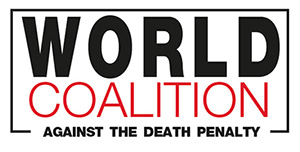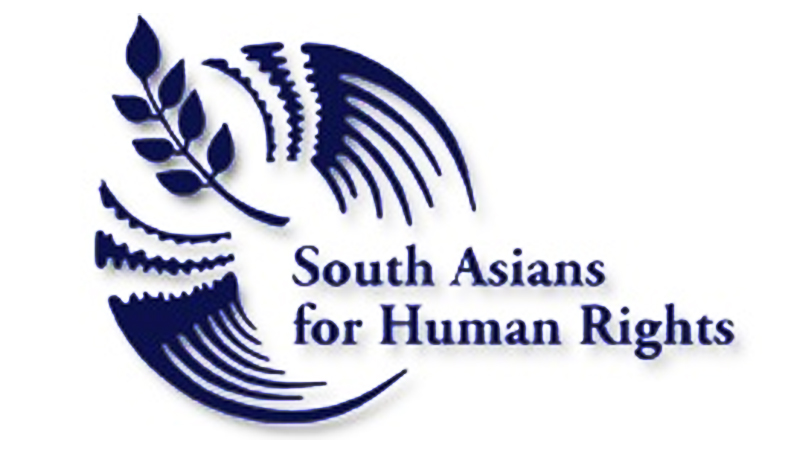HRCP moot demands urgent attention to workers’ right in ‘forgotten mining sector’
Karachi, September 30: The regulation of the mining industry in all parts of Pakistan needed to be urgently looked at in order to prevent injury and loss of lives among mine workers, mitigate hazards to the environment and minimize mining-related displacement and its impact. This was the consensus of a two-day national consultation on concerns regarding the mining sector organised by the Human Rights Commission of Pakistan (HRCP) that concluded here on Friday.
HRCP’s ‘National Consultation on Mining, Environment and Workers’ Rights’ brought speakers together from all the provinces as well as Gilgit-Baltistan and Federally Administered Tribal Areas (FATA). Representatives from the academia, civil society, the legal fraternity, media and activists were in attendance. The speakers expressed grave concern over the authorities’ failure to ensure implementation of the legal provisions that could protect the lives and the rights of the mine workers and also prevent serious damage to the environment on account of unregulated mining operations.
The meeting included detailed deliberations on the Thar coal project and the participants observed that the planning and consultation process had overlooked many important aspects. They, therefore, called for multi-stakeholder consultations to address changes in the demographics, and the resultant loss of arable and grazing land in Thar, and tackle in general the needs and concerns of the local residents that had arisen as a consequence of the launch of the project.
The speakers noted that as an industrial sector, mining had tremendous potential in providing viable economic development and sustainable employment opportunities. Yet, in terms of the applicable regulatory regime, lack of enforcement, and punishment and penalties, much reform was required.
The participants stressed that an important step towards that end would be a comprehensive survey to collate the actual labour employed by sector, which should inform an urgently needed policy on protecting the lives and rights of mine workers. They said the workforce in the mining sector was particularly vulnerable because most workers were seasonal and migratory and there was no check on mine owners putting profit over their safety. Taking all possible steps to eliminate the health hazards and loss of life in mines, ensuring that workers had equitable compensation and all the benefits that they were entitled to at least under the prevailing laws, and sufficient disability recompense was urgently needed, the participants said.
These challenges were further aggravated in FATA and Gilgit-Balitistan because both regions were not only outside the national mainstream but also outside the pale of constitutional safeguards available, at least on paper, to the workers elsewhere. The impact of the 18th constitutional amendment on workers’ right to organize at the national level was singled out as a matter of grave concern.
Ensuring uniformity of the minimum legal standard across the country and consolidation of a plethora of labour- and industry-related laws was stressed.
Equally critical, the environmental impact of mining needed to be understood and mitigated. The suitability of resources being mined, the technology deployed, and disposal and conservation had to be important components of the planning process and the grant of mining leases.
The impact of mining upon the surrounding environment and rehabilitation of the areas after mine closures needed to be regulated.
The participants emphasised that while all eyes remained on CPEC as an economic game changer, the abundance of mineral and gem resources with which Pakistan was endowed, if properly excavated while ensuring workers’ welfare, could redefine the country’s economic destiny.
The consultation concluded with a consensus that the following recommendations must be implemented:
- Immediate estimation and documentation of the actual workforce employed in the mining sector;
- Extension and effective enforcement of the regulatory regime to all workers employed in the industry, including the small-scale mining, across the country;
- Compensation and benefits in the mining industry must be commensurate with the difficulty and hazards in relation to the work, even as meaningful efforts must be made in consultation with the workforce to systematically mitigate risks;
- Inspection and other regulatory functions of the government needed to strengthened, and greater transparency, accountability and regular information sharing ensured;
- The existing penalties, for failure to comply with prescribed standards and other offenses by mine owners/operators, must be made harsher to deter recurrences;
- Environmental impact must be assessed independently and in a transparent manner, and infractions penalised;
- Conservation and recycling of important resources, especially water, needed to be made mandatory and must also be enforced;
- Displacement of communities must be minimised and adequate compensation, going beyond mere land value, paid to avoid marginalising affected populations;
- Mining operations must be prevented from affecting archeological and cultural heritage.
Zohra Yusuf
Chairperson
_______________________________________________
Human Rights Commission of Pakistan (HRCP)
107-Tipu Block, New Garden Town, Lahore – 54600
Phone: (92-42) 35845969 Fax: (92-42) 35883582
eMail: hrcp@hrcp-web.org
Category: English






